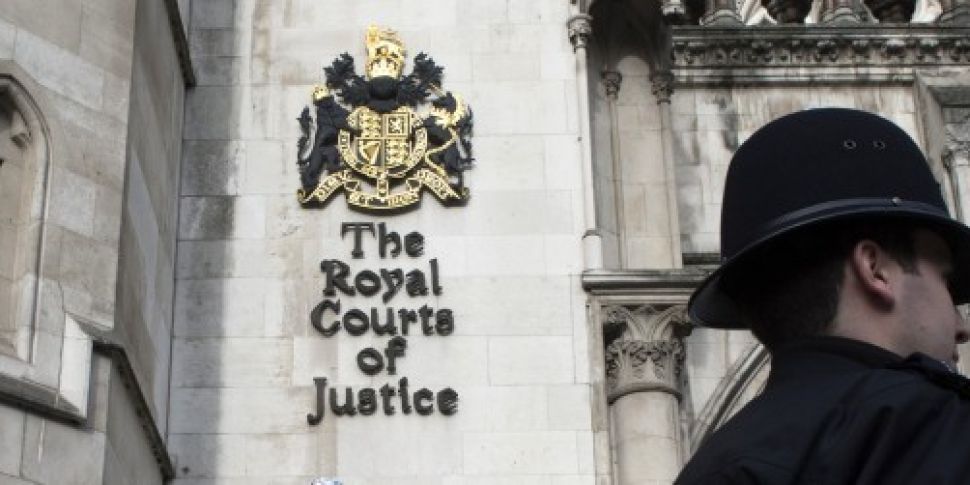A woman denied access to her late partner's work pension because they were not married has been told she is entitled to the payments.
Denise Brewster, from Coleraine in Northern Ireland, argued she was a victim of discrimination and took her case to the UK Supreme Court.
The court on Wednesday ruled in her favour - a move which is likely to improve the pension rights of unmarried couples in the British public sector.
The case could have implications for all pension schemes.
Ms Brewster's solicitor, Gareth Mitchell, said: "Denying bereaved cohabitees access to survivor pensions causes huge distress and financial hardship.
"Now that around one in six families in the UK are cohabiting families, reform is long overdue.
"The decision has significant implications for millions of cohabitees in relation to pension benefits.
"It also lays down the approach to be adopted when considering complaints of discrimination on the grounds of marital status in other areas," he added.
Ms Brewster and Lenny McMullan lived together for 10 years and owned their own home.
He died suddenly during Christmas 2009 - two days after they got engaged.
At the time of his death he had 15 year's service with Translink, which delivers Northern Ireland's public transport services, and was paying into the local government pension scheme.
Under the rules of the scheme, unmarried partners need to be nominated by the pension holder to receive payments.
Mr McMullan had not nominated Ms Brewster so she was not automatically entitled to a "survivor's pension".
However, she would have been if the couple had been married.
The High Court in Northern Ireland allowed her legal challenge against the refusal, but the Court of Appeal overturned that decision.
Five justices at the UK's highest court have now backed Ms Brewster's right to receive the allowance.
Ahead of the hearing, Ms Brewster said: "My case is simple: bureaucratic rules like this which discriminate against long-term cohabitees should not be permitted."
She added: "A positive decision from the Supreme Court is likely to impact on discrimination against cohabitees across a wide range of areas, not just pension rights."









